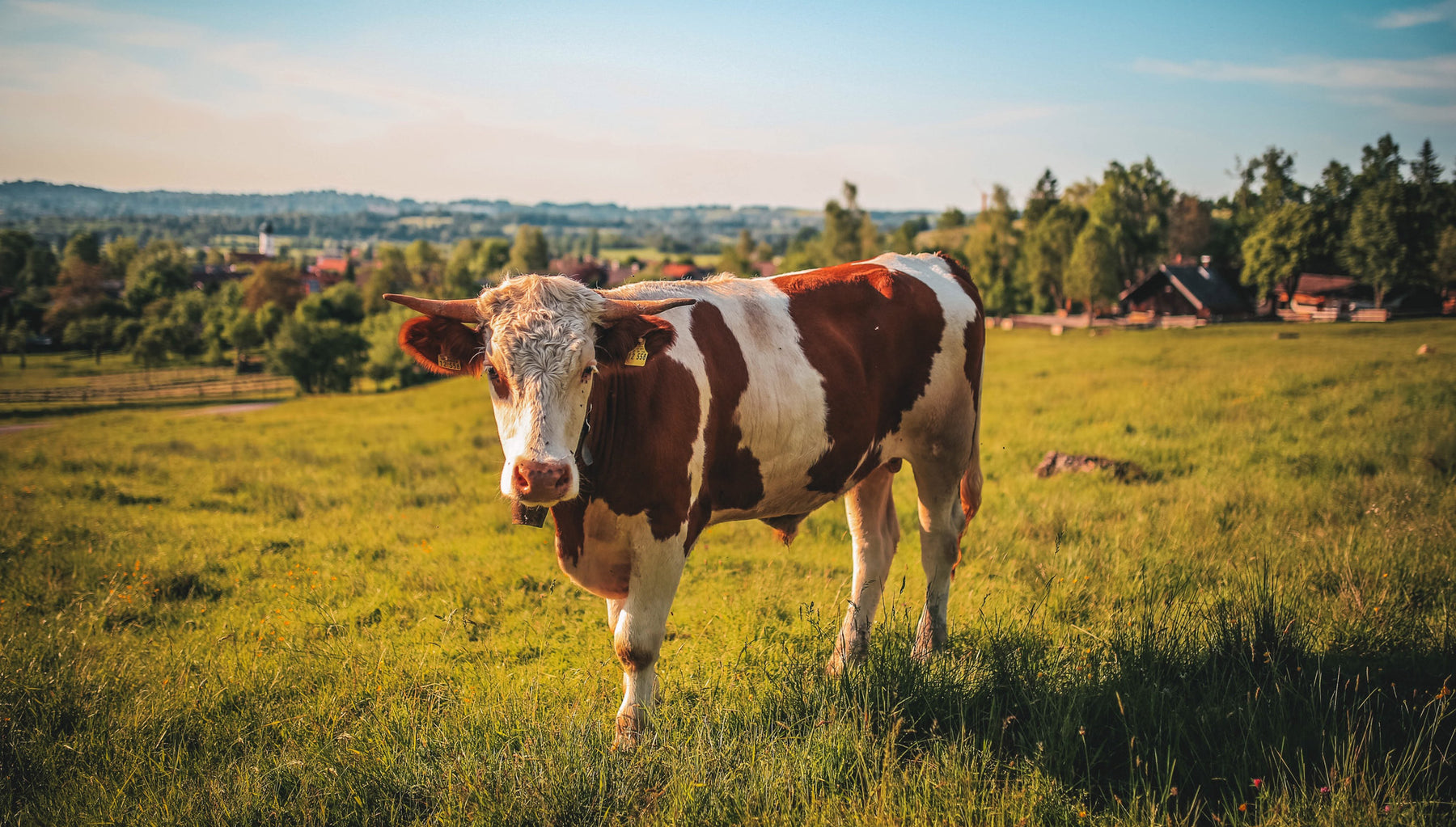
What are the Different Beef Parts?
Beef
Whether you visit the website of an online butcher, a physical butcher shop, a grocery store or any other establishment selling meat, you can find a multitude of cuts. And sometimes, it’s really difficult to find a way through it.
Some meat cuts are tender, some are tastier, some contain more fat, some are more expensive, etc. So, in order to demystify you, let Maillard, the online butcher, enlighten you on the different cuts. This will help you make a better choice when it comes to prepare your next family meal or your next barbecue with friends.
Here’s the part regarding beef.
The beef
Beef is one of the most appreciated meats by the countless foodies all around the world. This meat is very rich in iron and its many cuts rally taste and tenderness lovers. Here are the cuts:

1. Round
The beef round comes from the part of the animal that includes the thigh and buttocks. Many people consider this cut as very tender, but a little less tasty. It can therefore be used for recipes involving marinades or rubs. Some chefs or butchers also suggest this cut for tartare.
Maillard beef round products
Beef tournedos
2. Sirloin
The sirloin is a cut of beef which is at the level of the first three dorsal vertebrae, thus in the back of the animal. This is a lean cut, tasty and very in demand.
Maillard beef sirloin products
Beef flap meats (bavettes)
3. Loin
The beef loin is pulled from the back of the animal, but especially in the center of the loin. This part is one of the least used by the beef (in his movements) and is therefore more tender. The loin therefore contains very popular pieces by beef fans, such as filet mignon (or tenderloin).
Maillard beef loin products
Tenderloins steaks (filet mignon)
Striploin steaks
Manhattan striploin steaks
4. Rib
Let's keep talking about the back of the beef. The beef’s rib comes from the animal’s rib’s upper part. The rib is generally well marbled and has short fibers, making it one of the most delicious beef meats.
Maillard beef rib products
Ribeye steaks
Cowboy bone in ribeye steaks
Tomahawk steaks
Ribsteaks
5. Chuck
A beef chuck is a part of the shoulder block and goes to the animal's collar. The chuck is very rich in connective tissue. Its tendon aspect makes it longer to cook. Perfect for a stew or roast.
Maillard beef chuck products
Chuck roasts
Flat iron steaks
6. Flank
The beef flank comes from the abdominal region, particularly between the 11th and the 13th rib. Just like the chuck, a beef flank contains a lot of connective tissue, making it a tough cut of meat. We suggest cutting them into pieces in the fibers’ opposite direction before cooking to make it a little easier.
7. Plate
Also known as the breast, beef plate comes from the animal’s chest. This is a very mysterious cut. It contains no bones, is surrounded by fat, but inside, contains almost only very little marbled pure meat. You’ll have a long time coming for it to cook, but it’s going to be totally worth it.
8. Shank
Pulled from the legs’ upper part, this beef cut is also rich in connective tissue, so very tough and long to cook. Note that beef rear shanks are more tender than the ones from the front legs. Rear legs, being less used, are less muscled.
9. Shoulder
You guessed it, this meat cut comes from the animal’s shoulder. Like most cuts that come from below the beef, the shoulder has a lot of connective tissue.
Maillard, online butcher
Here you are, enlightened and ready to make easy beef cut choices. Now, where are you going to purchase those cuts?
Maillard is an online butcher that offers a wide range of exceptional quality meats, delivered right to your doorstep the very next day. You will find all the meat products you love: local and exotic meats, seasoned or regular, ordered by the box or just a single piece, but always with our guarantee of great taste!
Order now: www.maillard.co


